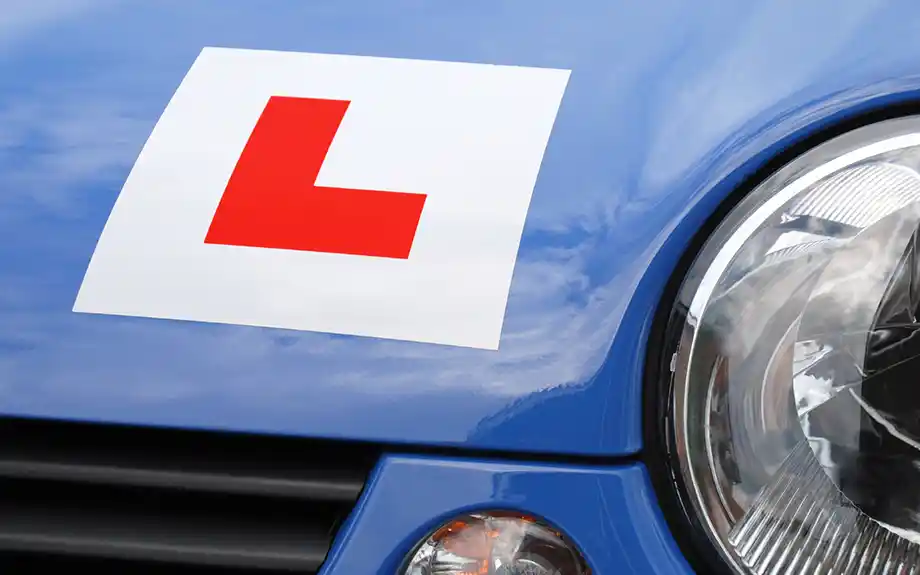Learning to Drive with Dyspraxia
Apr 4 2022 2:51PM
Many learners face an ongoing battle with learning to drive and never even consider that their struggles may be down to a condition. Dyspraxia is a form of developmental coordination disorder and individuals with it can struggle with hand eye co-ordination, short-term memory and spatial awareness – all of which are used in driving. Being diagnosed can help you identify your strengths and weaknesses and how to work to overcome these. It is most likely that the learning to drive process may take a little longer than others so extra time and practice can also be planned. So seeing as it is Dyslexia Awareness Week we thought we would try and highlight some of the difficulties of driving with Dyspraxia. Dyspraxia causes individuals to struggle with short-term memory and this can greatly affect a learner driver’s ability to remember instructions given, in either a test or a driving lesson. It can mean that they may perform a manoeuvre or driving instruction really well at first and the next few times they can’t do it. Spatial awareness is also one component of Dyspraxia which causes learners to need extra practice, as people with the condition may find driving near parked cars, road positioning and parking very challenging. Dyspraxia is a condition that needs more attention in the learning to drive industry. Individuals who have Dyspraxia need extra support and practice and may need to be taught in a slightly different way to other learners. This means that driving instructors need to be aware of Dyspraxia and therefore understand that Dyspraxics find learning to drive challenging. So how can learner drivers and driving instructors work together to deal with Dyspraxia? Some ADIs specialise in teaching students with learning difficulties but it might be an idea for all driving instructors to be trained specifically to deal with dyspraxic students – diagnosed AND undiagnosed. So, even if the student isn’t aware that they may have a condition, driving instructors are trained to spot the signs and to help the pupils learn as efficiently as possible. Are you a driver with Dyspraxia? Or are you a driving instructor who has had experience teaching Dyspraxic students? We would love to hear your thoughts @insurelearners. If you think you may need extra practice, get a quote for a learner driver insurance policy which allows you to practice at your own pace, in your own time.

